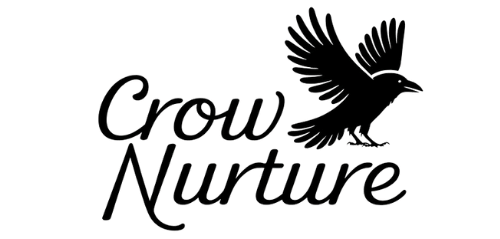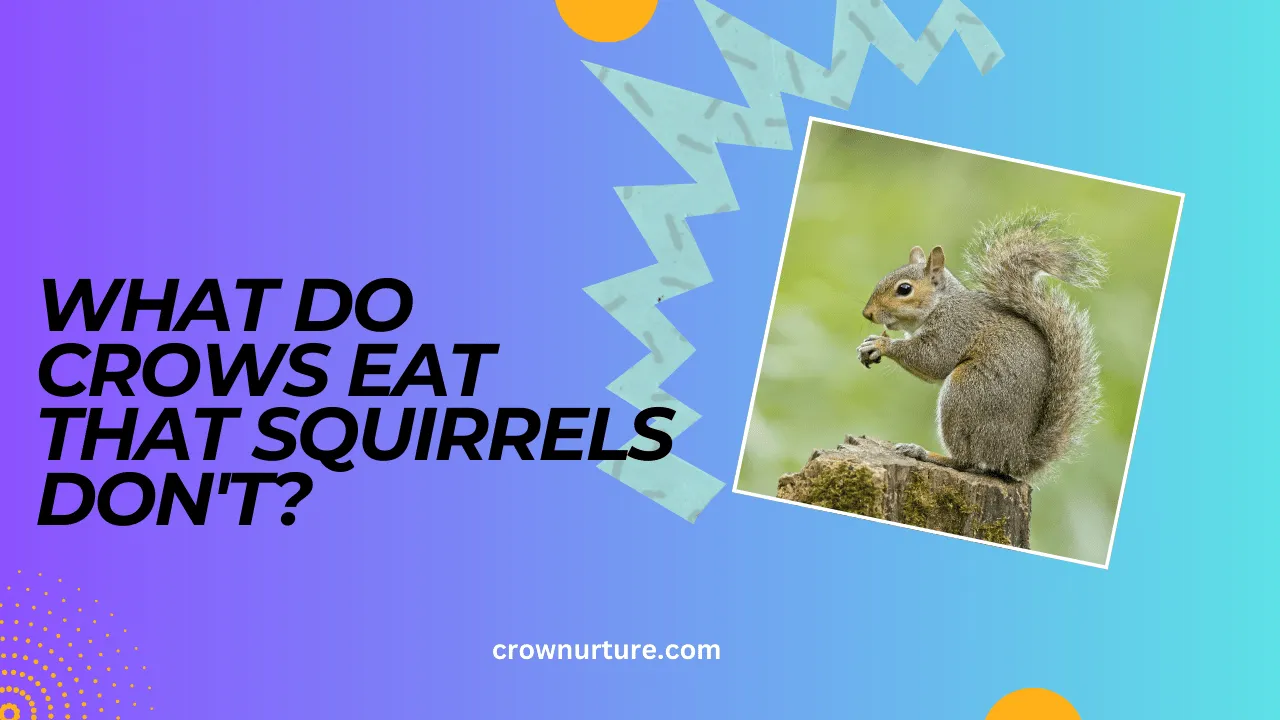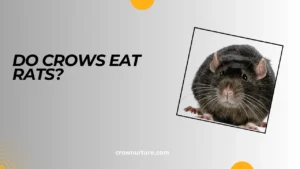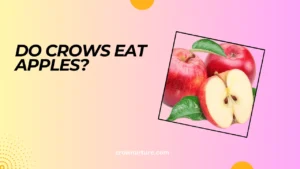Crows and squirrels are both fascinating creatures commonly seen in backyards, parks, and urban areas. While they often share the same habitats, their diets are surprisingly different.
Have you ever wondered what crows eat that squirrels don’t—or why these differences even matter? Understanding these distinctions can give us a deeper appreciation for the unique roles they play in their ecosystems.
The differences in their diets go beyond what meets the eye. Crows, with their omnivorous and opportunistic feeding habits, consume a wide range of foods that squirrels, being primarily herbivores, typically avoid.
This dietary divergence reveals fascinating insights about their survival strategies and adaptability in changing environments.
Exploring what crows eat that squirrels don’t is more than a matter of curiosity—it’s a window into how these creatures interact with their surroundings and adapt to human activity.
By the end of this blog, you’ll gain a clearer understanding of how these dietary choices shape their behaviors and influence the ecosystems they inhabit.
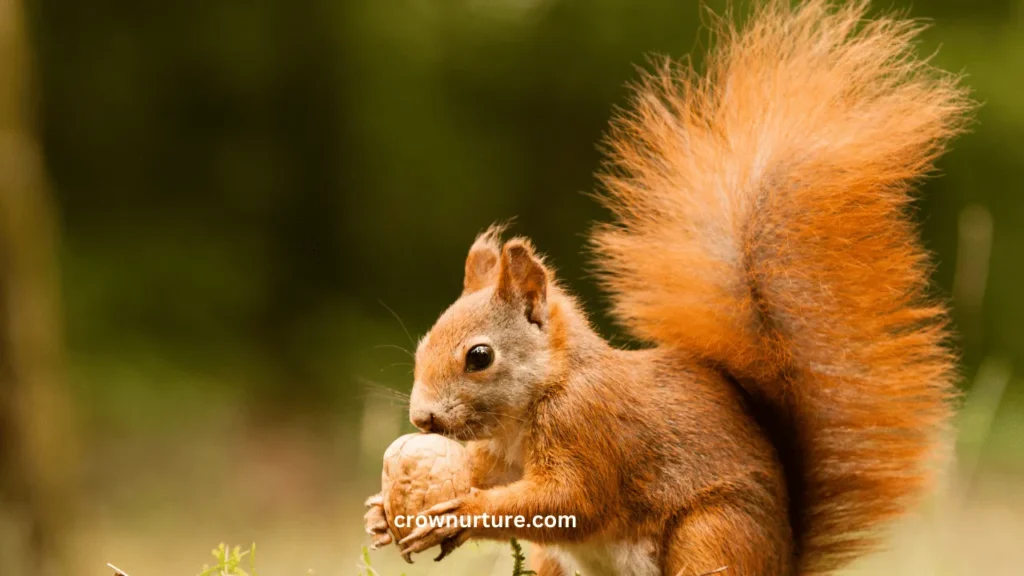
Contents
1. Dietary Differences: A Comparative Analysis
Crows are omnivores, meaning they consume both plant and animal-based foods. Their diet includes insects, small animals, carrion, fruits, seeds, and even human leftovers, showcasing their incredible adaptability.
Squirrels, on the other hand, are primarily herbivores. They rely heavily on nuts, seeds, fruits, and occasionally fungi. While they might eat insects or small bird eggs under extreme circumstances, these items are not staples in their diet.
This stark difference stems from their biological adaptations and ecological roles. Crows’ opportunistic nature allows them to thrive in various environments, while squirrels focus on foods that provide energy for climbing and foraging.
2. Food Preferences and Foraging Strategies
Crows: Opportunistic Feeders
Crows excel at scavenging, often feeding on carrion, insects, and food scraps from humans. They’re also known to hunt small animals, such as rodents, amphibians, or bird eggs. Their diet is flexible, enabling them to exploit seasonal and situational food sources.
Squirrels: Specialized Foragers
Squirrels have a strong preference for nuts and seeds, particularly acorns, walnuts, and pine nuts. They are also adept at caching food, burying it for later consumption. Unlike crows, squirrels are less likely to consume animal-based foods, reflecting their reliance on plant-based energy.
While crows’ strategies revolve around opportunism, squirrels rely on specialized behaviors like hoarding to survive seasonal shortages.
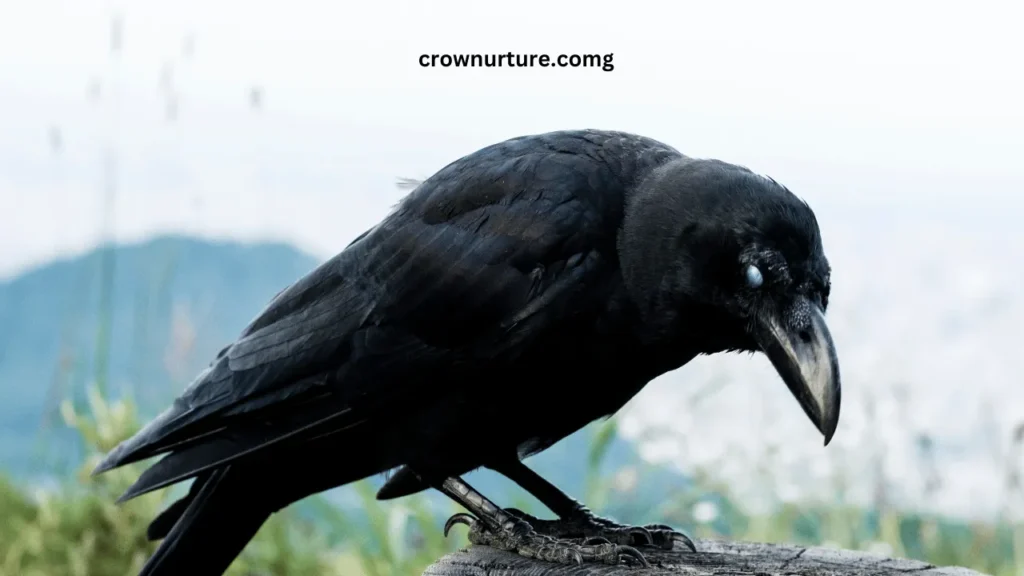
3. Ecological Factors Influencing Diet
Habitat: Urban vs. Rural
Crows in urban areas consume more human leftovers and waste, while rural crows rely on natural sources like insects and small prey. Squirrels, regardless of habitat, focus mainly on plants, though urban squirrels may exploit bird feeders.
Seasonal Variations
Crows adapt their diet with the seasons, consuming fruits, insects, or carrion depending on availability. Squirrels, however, depend heavily on cached nuts during colder months, with limited dietary flexibility.
Competition and Predation
Crows face competition from other scavengers but benefit from their intelligence to secure food. Squirrels, while more vulnerable to predators, use their agility and caching habits to ensure a steady food supply.
4. Human Impact on Diet
Bird Feeders
Crows often raid bird feeders for seeds and suet, while squirrels focus on sunflower seeds or nuts. Over time, this human-provided food can alter their natural diets.
Urbanization and Waste
Urban areas provide crows with access to a wide variety of discarded food, from fast food to scraps. Squirrels are less likely to consume processed foods, sticking to natural items like fruits from backyard gardens.
Conservation Concerns
Human activity can negatively impact both species by reducing natural food availability or increasing dependency on artificial food sources, altering their behaviors and ecological roles.
5. Behavioral Implications of Diet Differences
The dietary choices of crows and squirrels shape their daily behaviors and interactions. Crows are more likely to work in groups to exploit food sources, displaying remarkable problem-solving skills. Squirrels, in contrast, are solitary foragers, focusing on individual caching and storage.
These behaviors not only influence their survival strategies but also their impact on local ecosystems. Crows contribute to scavenging and waste reduction, while squirrels play a key role in seed dispersal, aiding forest regeneration.
Conclusion
Understanding what crows eat that squirrels don’t highlights the remarkable adaptability and ecological roles of these species. Crows’ omnivorous and opportunistic diets allow them to thrive in diverse environments, consuming foods like carrion and human leftovers that squirrels avoid.
Squirrels, with their plant-based diets, specialize in seed caching, making them crucial for forest ecosystems. Both species are resilient and resourceful, but their dietary choices reflect their unique survival strategies.
By appreciating these differences, we gain a deeper understanding of their interactions with humans and the natural world. Supporting their natural behaviors—such as using wildlife-friendly practices in our backyards—can help both species continue to thrive.
FAQs
1. What do crows eat that squirrels don’t?
Crows eat carrion, small animals, bird eggs, and human food scraps, which are not part of a squirrel’s diet.
2. Do crows hunt squirrels?
While rare, crows may prey on baby squirrels or their eggs if the opportunity arises.
3. Can squirrels eat meat like crows?
Squirrels rarely eat meat, unlike crows. They are herbivores and focus on plant-based foods.
4. Do crows and squirrels compete for food?
Yes, especially at bird feeders, where both may eat seeds or nuts, leading to occasional conflicts.
5. How do crows’ diets change in urban areas?
Urban crows consume more human food scraps, such as fast food, bread, and garbage, compared to rural crows.
6. Are squirrels better for the environment than crows?
Both species play important roles—crows as scavengers and squirrels as seed dispersers. Neither is inherently better.
